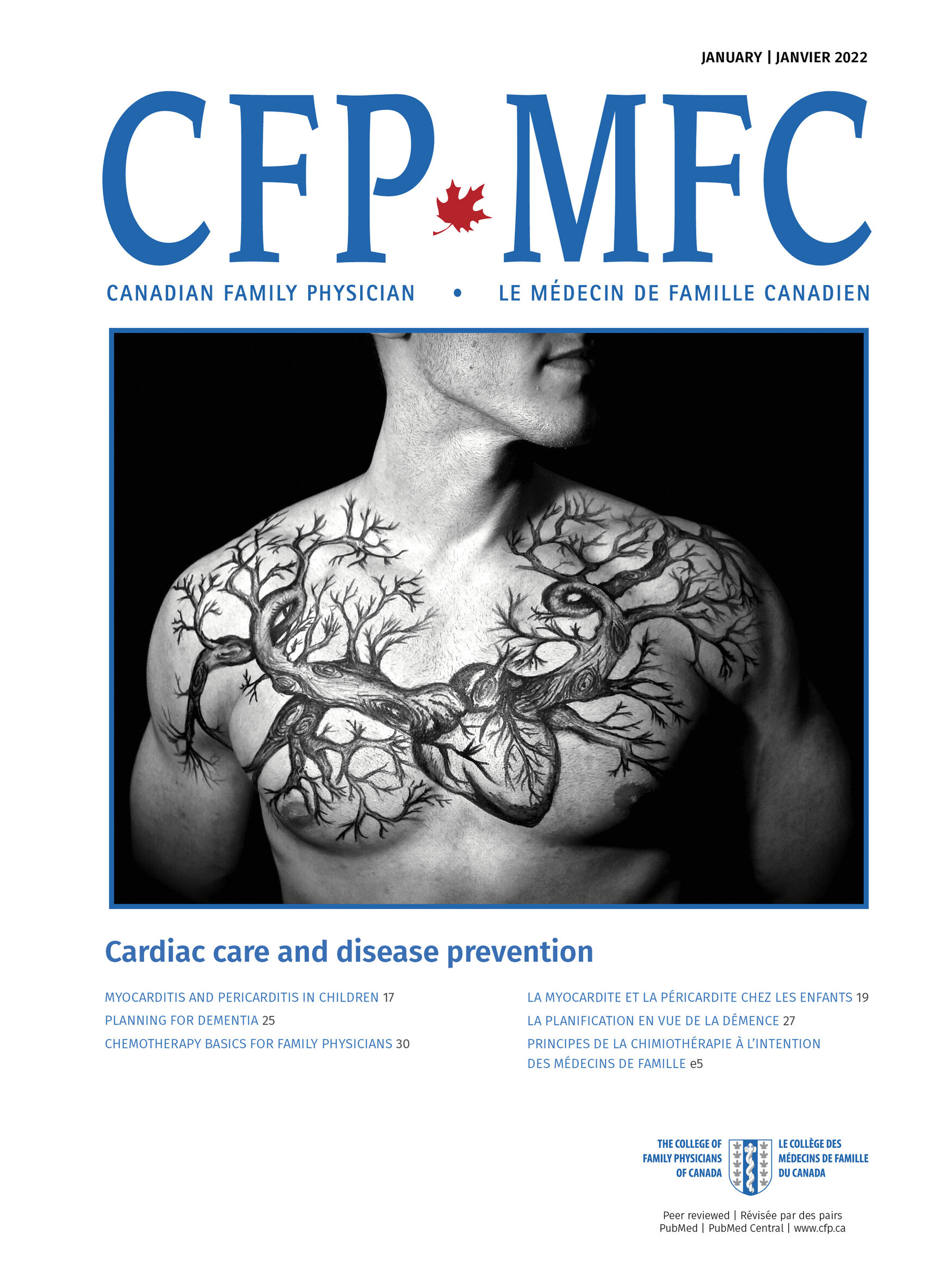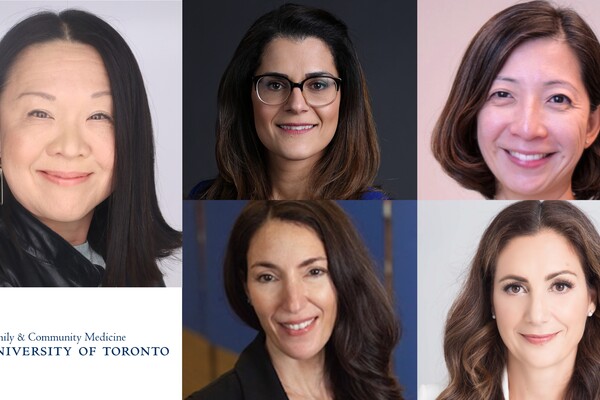May 30, 2023
National Magazine Awards recognize family doctors sharing how personal histories shape professional caregiving
About DFCM, Faculty, Faculty Development

Dr. Agata Dzwonek/Ottawa, Ont.
Canadian Family Physician is nominated for five National Magazine Awards, including one for the journal’s January 2022 cover art from psychiatry resident Dr. Agata Dzwonek



